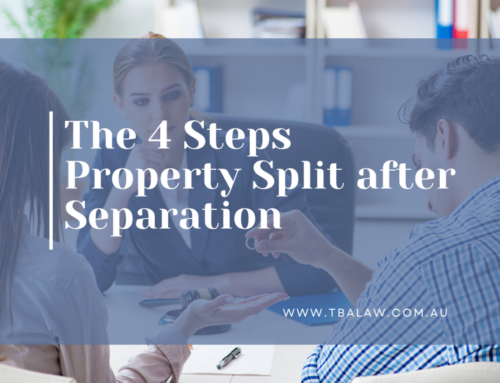I received a lump sum – will I get it back after separation?
by Matthew Elvin
After a relationship breaks down, one of the things to be taken into account in calculating how much of the matrimonial asset pool each party is entitled to is the “direct financial contributions†made by each of the parties throughout the relationship.
“Direct financial contributions†are essentially any lump sum of money received during the relationship, such as worker’s compensation, inheritance and lottery winnings. As a basic rule, if you received a lump sum of money during the relationship then this will be  considered your ‘contribution’. As a result of your contribution, you may receive an extra amount in calculating the division of assets in the family law property settlement following separation. However, you are not guaranteed to receive an extra amount, as a number of determinative factors need to be considered.
considered your ‘contribution’. As a result of your contribution, you may receive an extra amount in calculating the division of assets in the family law property settlement following separation. However, you are not guaranteed to receive an extra amount, as a number of determinative factors need to be considered.
Firstly, it depends on both the length of the relationship and at what point during the relationship you made the contribution. For instance, if you received a lump sum towards the end of a short relationship, then you are much more likely to receive an extra amount in the family law property settlement than if you received the money at the beginning of a long relationship (10 years or more).
Secondly, even if your contribution was made towards the end of the relationship, how much extra you receive at settlement will still depend on how much as a percentage of the matrimonial asset pool your contribution constitutes. For instance, if your contribution was made towards the end of the relationship and it only forms a small percentage of the overall asset pool, say 5%, then you are more likely to receive up to an extra 5% than the other party at settlement. However, if your contribution forms the majority, say 95%, of the matrimonial asset pool, you are unlikely to receive an extra 95% of the matrimonial asset pool.
Thirdly, it will depend on whether your contribution is considered a ‘windfall’ towards which you made ‘no particular effort or act’. One example of this is a lottery ticket. A lottery ticket is considered to have been purchased from relationship funds if purchased during the relationship, regardless of who paid for it. A lottery ticket is also considered to not involve any particular act of skill or expertise (it is simply luck) to buy. So, the lottery winnings are considered to be a ‘windfall’ of the relationship, and neither party will receive any extra amount at settlement because they purchased it.
Finally, it will also depend on whether there are any sums of money that are likely to be shortly received. For instance, if the other party has been injured and is involved in a personal injury law suit, or has had a wealthy parent recently die, then you would want to quantify the amount (if quantifiable) that they are likely to shortly receive. This amount, or a part of this amount, could be ‘notionally’ or ‘conceptually’ added to the asset pool for distribution between the parties.
If you have any questions about your entitlements following the breakdown of a relationship, do not hesitate to contact TBA Law for assistance.
Contact us to arrange a chat. It doesn’t hurt to ask.




